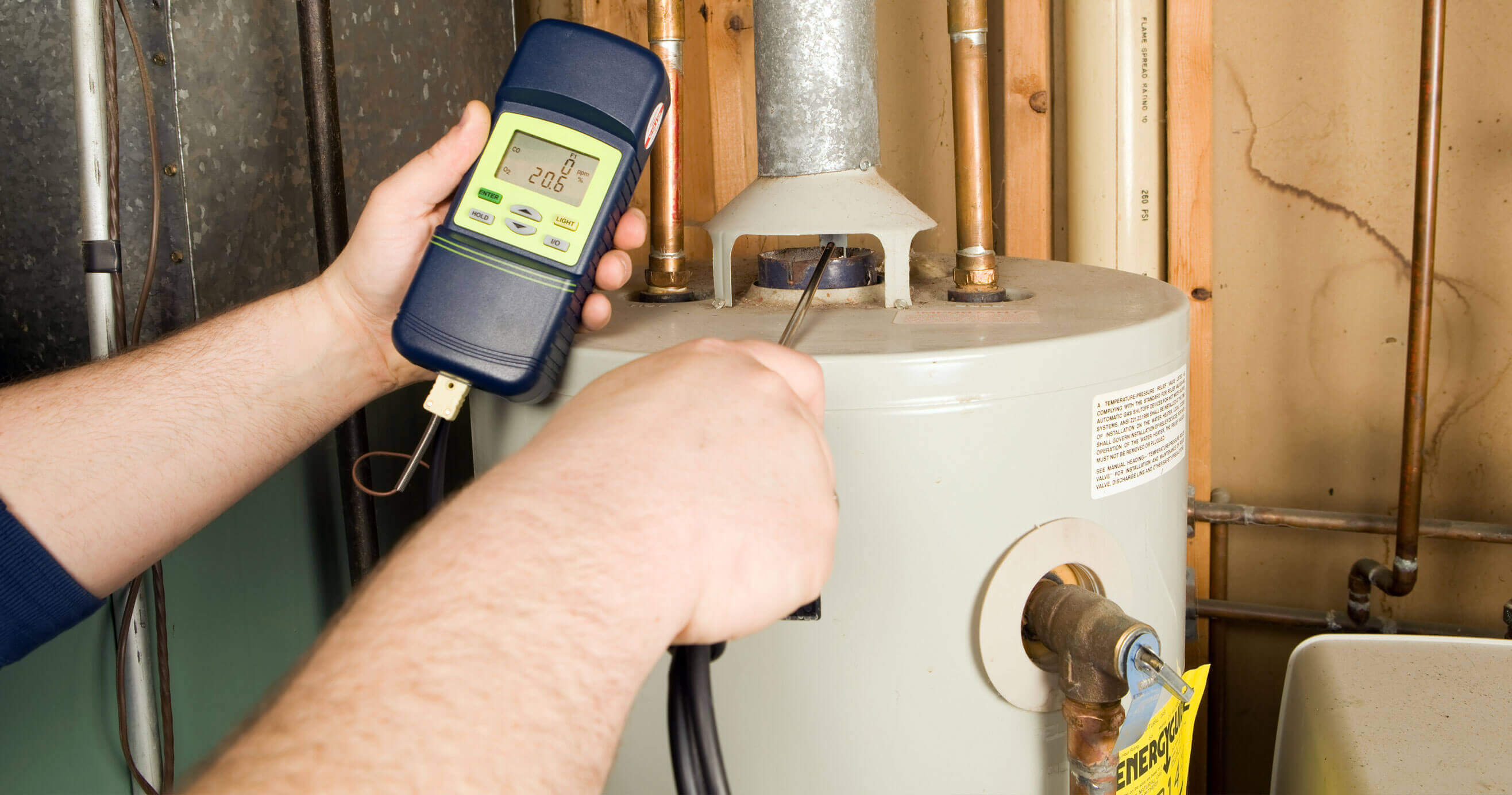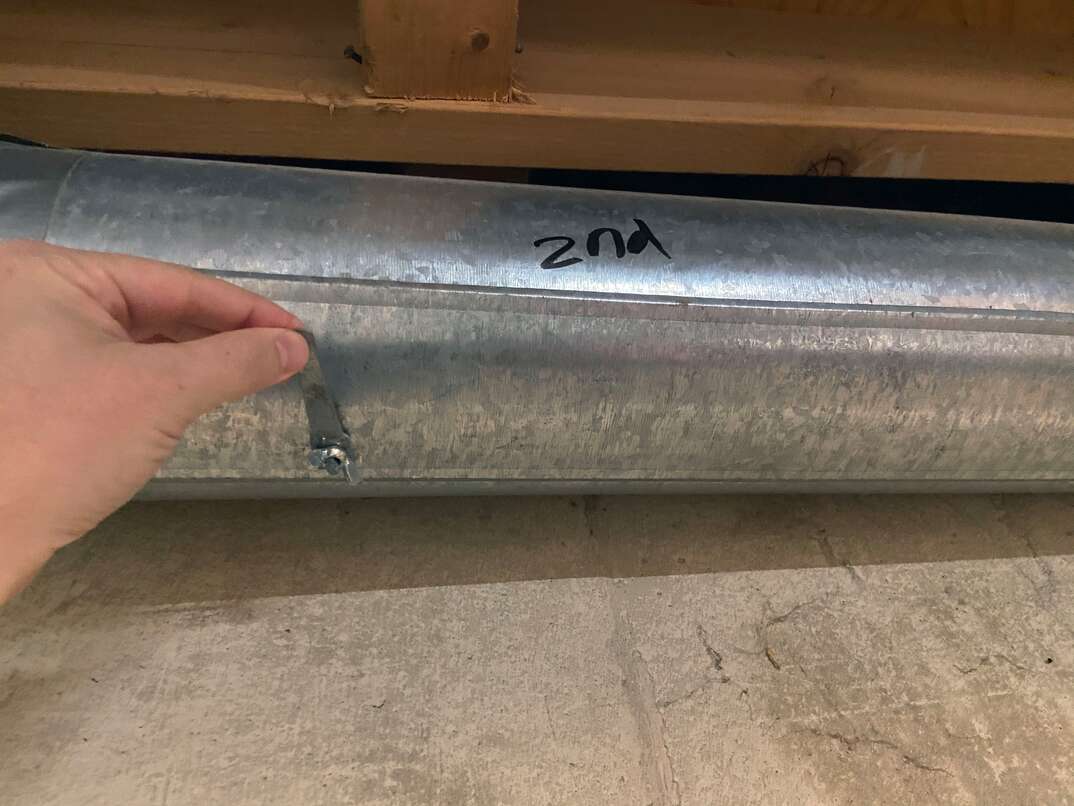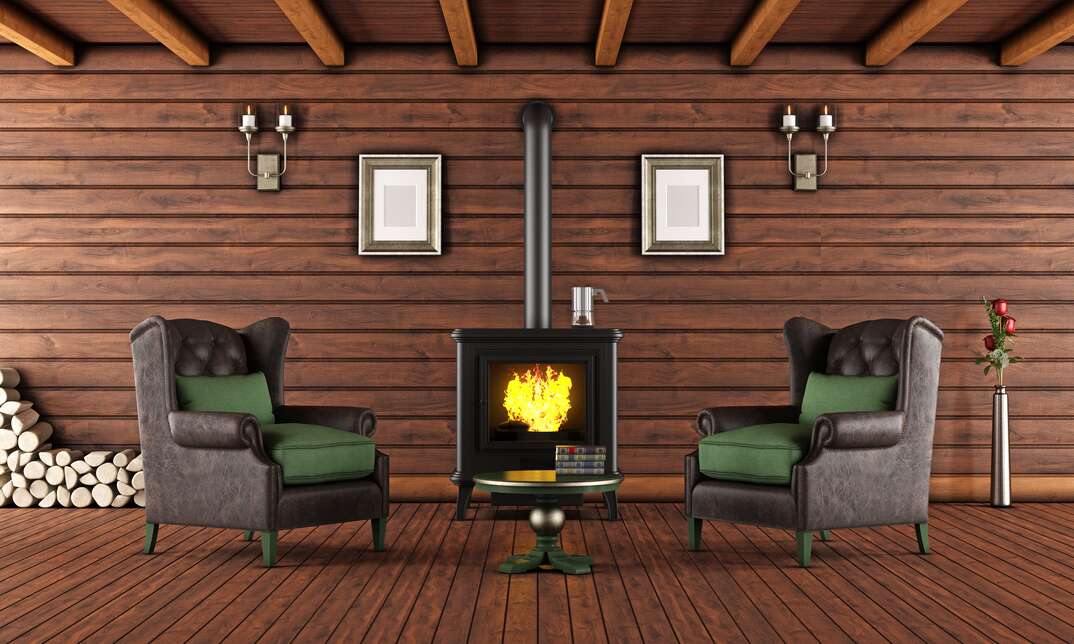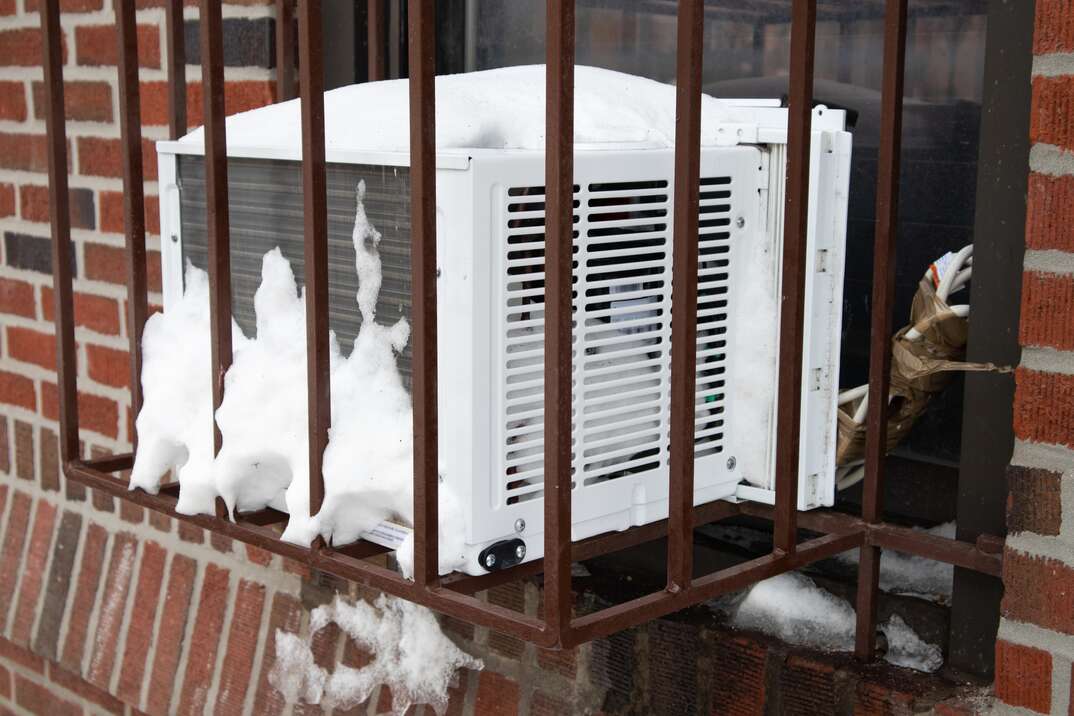What you need to know about gas safety

Natural gas is an easy and efficient way to heat your home. It’s great for cooking, it’s healthier for your family, and cleaner than heating your home with wood or pellet stoves during the winter. Natural gas does come with some risks, but by following some simple precautions, you can keep your family and home safe.
Know the risks of carbon monoxide poisoning
Carbon monoxide is a natural by product of combustion, the process of burning. It doesn’t have a scent; it’s invisible and isn’t easily detected. Because of that combination, it can be deadly. A good CO monitor is recommended near any appliances that use natural gas, such as heaters, stoves, or dryers. Be sure to have your gas appliances checked regularly by a qualified technician to ensure they are functioning properly.
What to do if you smell gas (No, not that kind!)
Natural gas is odorless, just like carbon monoxide. Gas companies add an odorant to the gas to help detect leaks, so natural gas in your home will usually have a mild, sulfur or egg-like smell. A hissing sound may also be a sign of a leak, even if you don’t necessarily smell the gas, so be sure to take precautions. If you suspect there might be trouble with your gas system, leave your home immediately and call your gas company or 911.
It’s important to remember that even minor sparks can cause combustion, so make sure you don’t turn any electrical devices ON or OFF when you suspect a gas leak.
Pilot light and burner safety
If your gas appliances are not working, you may have a pilot light that went out. When checking the pilot light in your furnace, stove, or water heater, be sure to open windows to clear out any built-up gas. Use a flashlight – never a candle, lighter, or match to inspect the appliance.
If you are unfamiliar with how to relight your pilot, check the brochure for your particular appliance model. Be sure to shut off the main gas valve and let the room clear for at least 10 minutes before you attempt to relight the pilot. If you have problems, contact your gas company for assistance.
Note: Your pilot light should be blue – any colors like red, orange, or yellow indicate that the flame is burning too hot. If this is the case, shut off the main gas connection and call your gas company.
Rely on the experts
Don’t test your home improvement skills with gas appliance maintenance or installation. Only licensed professionals can ensure proper installation and make sure that there is no risk of combustion or gas leaks. They will also verify proper airflow, ensure that the appliance has safe clearance from walls and verify that other potential hazards are eliminated.
Consider storage space for combustibles
If you have a gas stove, boiler, furnace or gas fireplace, it’s important to store flammable liquids away from these heat sources. Items to safely stow away include: mops and brooms, newspapers, recycling, painting supplies, and flammable materials like aerosol cans or motor oil.
It is also essential to keep fire extinguishers near the gas-powered appliances. Be sure to check extinguishers regularly and replace them when necessary.
Natural gas can be an efficient, convenient, safe choice for your home, and being prepared will help you prevent unlikely events. With regular maintenance, routine checks, and staying aware of potential dangers, your family and your home can be safe.


